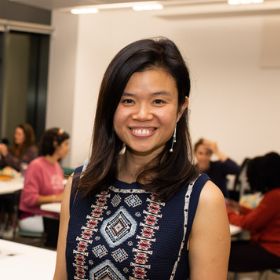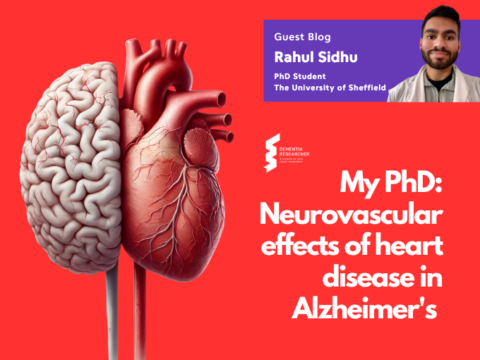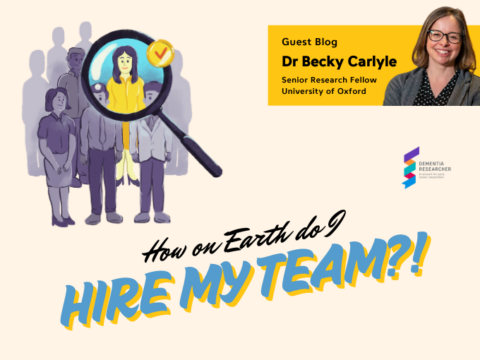As principal investigators (PIs) and lecturers, we often find ourselves juggling many responsibilities simultaneously. Effective leadership requires setting a clear vision, employing strategic thinking, and meticulously planning to achieve our goals. As creators, we generate ideas with significant impact and devise feasible projects—securing funding is crucial. Additionally, as managers, motivating our teams is paramount. We also serve as mentors, guiding and promoting the development of early-career researchers. With teaching responsibilities, we must consider how to leverage our research to inform our teaching strategies. Moreover, leadership and administrative duties within and outside the university demand our attention.
Recently, I shared my experiences at a FENS-Kavli leadership workshop, focusing on aligning our core values with strategic time management as a PI. In preparation, I explored numerous resources used by CEOs and business leaders, alongside academic materials. I found three strategies particularly beneficial:
1. Setting a Clear Vision and Starting with the End in Mind: Establishing a clear vision is crucial. Simon Sinek’s work underscores the importance of understanding your ‘why.’ This clarity is vital not only for you but also for your team. By envisioning the end goal, you can focus more on problem solving. For example, as a neuroscientist specializing in memory and behaviour, my long-term objective is to develop a paradigm for detecting early-onset dementia and identifying interventions. This goal guides my focus on outputs—such as publications and grants—and dictates where I invest my time and resources.
2. Making Proactive Choices – The Art of Saying ‘No’: With a clear vision established, it’s crucial to remind ourselves daily of our goals and milestones. Stephen Covey’s concept of the ‘rocks of time’ illustrates this beautifully; prioritize the ‘big rocks’ or essential tasks, such as grant applications and manuscript submissions. ‘Pebbles’ represent urgent but less important tasks, while ‘sand’ encompasses tasks that are neither urgent nor important. Be careful in saying yes to things that require your energy and time. When opportunities arise, evaluate whether they align with your vision and desired outcomes. For instance, if you are invited to speak at a major neuroscience conference, consider whether it advances your goals or merely adds to your workload.
3. Prioritization: Facing a mix of important and urgent tasks, structuring your day becomes a strategic decision. The Eisenhower matrix, which categorizes tasks by urgency and importance, is a useful tool here. Another helpful strategy is the action priority matrix, which divides tasks based on their impact and the effort required. Aim for ‘quick wins’ (high impact, low effort) and prioritize ‘major projects’ (high impact, high effort) while avoiding ‘thankless tasks’ (low impact, high effort). By sifting through tasks efficiently, you can take control of your schedule rather than letting others dictate it. If, like me, you are a morning person and most creative in the morning, block out that time for high-priority work, such as writing proposals or papers. While it’s not possible to schedule every meeting to your preference, time blocking can help you use your hours more effectively and mindfully.
Implementing these strategies has allowed me to navigate the complexities of academic leadership with more clarity and purpose. There is a wealth of information available, and sharing insights and strategies can help us all become more efficient and effective researchers and leaders. I welcome your thoughts and tips on how you manage your time and align your actions with your core values. Together, we can continue to refine our approach to leadership and make meaningful contributions to our fields and communities.
Source: https://www.imperial.ac.uk/academics-success-guide/

Dr Dorothy Tse
Author
Dr Dorothy Tse is a Senior Lecture, Neuroscientist and Cognitive Psychologist at Edge Hill University. Dorothy specialises in the neurobiology of learning and memory, early detection of dementia, and promoting brain health. She is passionate about co-creating and collaborating with those living with dementia and carers to improve brain health. She also serves in various roles supporting the British Neuroscience Association.

 Print This Post
Print This Post





